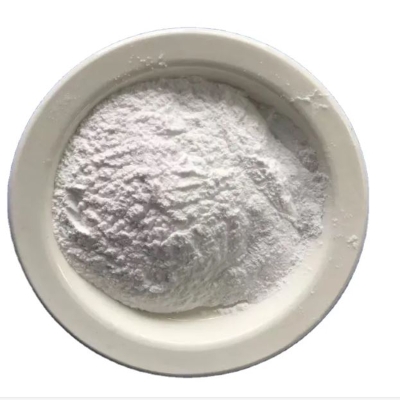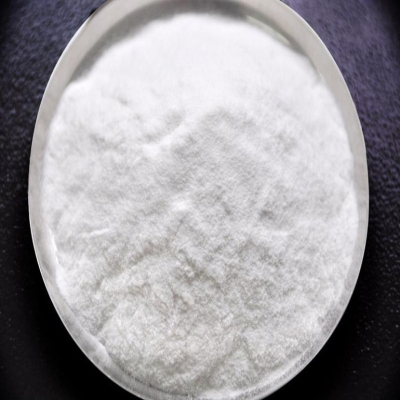What are the commonly used thickeners
-
Last Update: 2017-11-02
-
Source: Internet
-
Author: User
Search more information of high quality chemicals, good prices and reliable suppliers, visit
www.echemi.com
Introduction: thickener is a kind of substance that we can use in the food industry and industrial field What are the commonly used thickeners? Is it safe to add thickener in food? Next, we will explain it in detail with the small edition of Baibai safety net In the thickener enterprises of our country, the industrial concentration is low all the time, lacking of scale economic benefits In recent years, due to the increasing market competition, the process of merger and reorganization among enterprises and brand management has been gradually accelerated, and the large-scale operation has achieved initial results As the main mode of large-scale operation, collectivization and brand chain have great advantages in expanding and stabilizing customer sources, improving customer loyalty and reducing costs Thickener is a kind of food additive, which is mainly used to improve and increase the viscosity of food, keep the color, fragrance, taste and stability of liquid food and jelly food, improve the physical properties of food, and make the food have a sense of lubrication and palatability Thickeners can enhance the viscosity of food or form gelatin, thereby changing the physical properties of food, giving food sticky and suitable taste, and emulsifying, stabilizing or suspending What are the commonly used thickeners? Baibai safety net introduces that there are many kinds of thickeners available in the market at present, mainly including inorganic thickener, cellulose, polyacrylate and associated polyurethane thickener Cellulose thickeners have a long history of use and many varieties, including methylcellulose, carboxymethylcellulose, hydroxyethyl cellulose, hydroxypropylmethylcellulose, etc., which used to be the mainstream of thickeners, among which hydroxyethyl cellulose is the most commonly used one Polyacrylate thickeners are basically divided into two types: one is water-soluble polyacrylate, the other is acrylic or methacrylic acid homopolymer or copolymer emulsion thickener The thickener is acidic itself, and it must be neutralized with alkali or ammonia to pH8~9 to achieve thickening effect, also known as acrylic acid swelling thickening agent Polyurethane thickener is a newly developed associative thickener in recent years Inorganic thickener is a kind of gel mineral formed by water swelling and thixotropy There are mainly bentonite, attapulgite, aluminum silicate, etc., of which bentonite is most commonly used The thickeners used in practice can be divided into two categories according to the action mechanism: water phase thickener and oil phase thickener The former has many varieties and the latter is quite few Is it safe to add thickener in food? As a kind of food additive approved by the state, as long as it is added within the specified scope of use, it is safe to have no harm to the human body, but if it is used excessively for a long time or the food containing thickener is eaten for a long time, it will have an impact on human health Therefore, for the sake of our own health, we still need to have a good understanding of food safety knowledge and grasp food safety issues, so that we are not afraid of whether the content of additives in food exceeds the standard, or we can use food safety detector to detect food safety Editor in charge: he xianrob
This article is an English version of an article which is originally in the Chinese language on echemi.com and is provided for information purposes only.
This website makes no representation or warranty of any kind, either expressed or implied, as to the accuracy, completeness ownership or reliability of
the article or any translations thereof. If you have any concerns or complaints relating to the article, please send an email, providing a detailed
description of the concern or complaint, to
service@echemi.com. A staff member will contact you within 5 working days. Once verified, infringing content
will be removed immediately.







